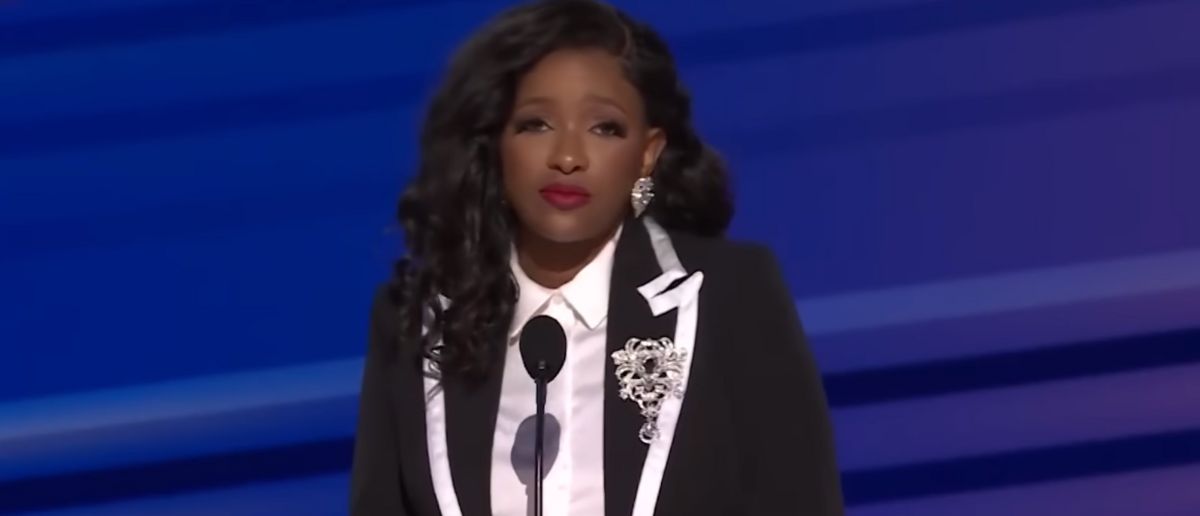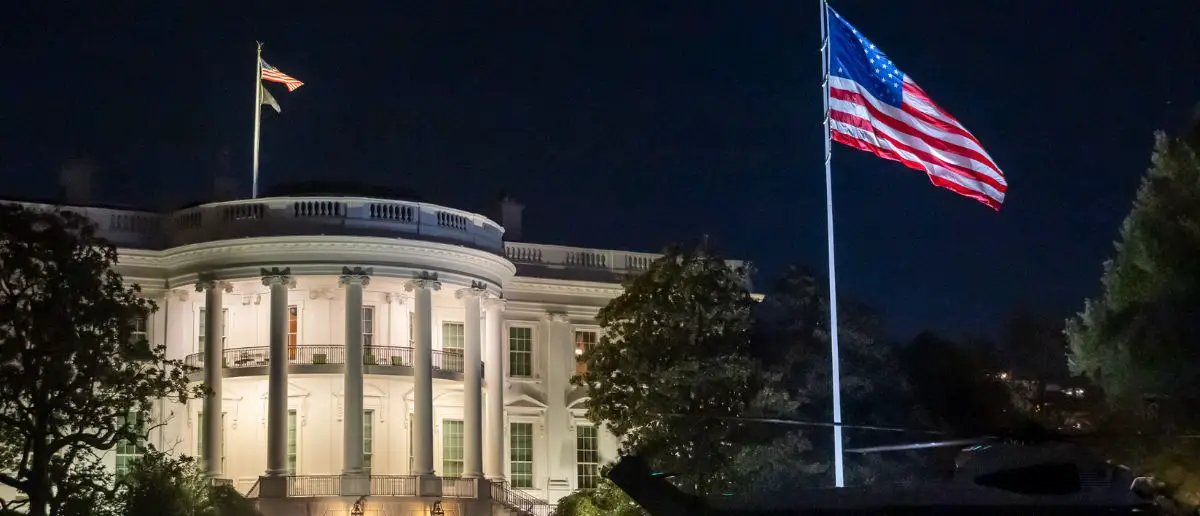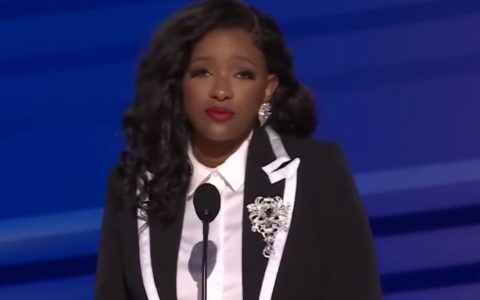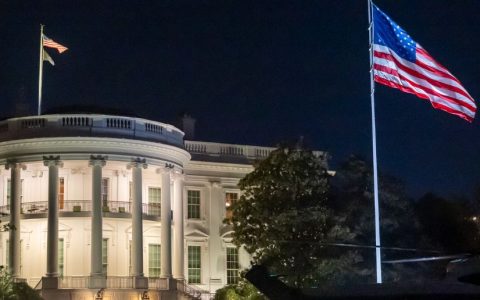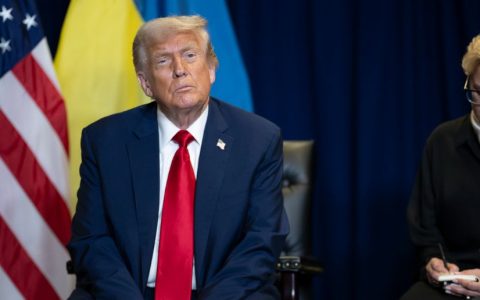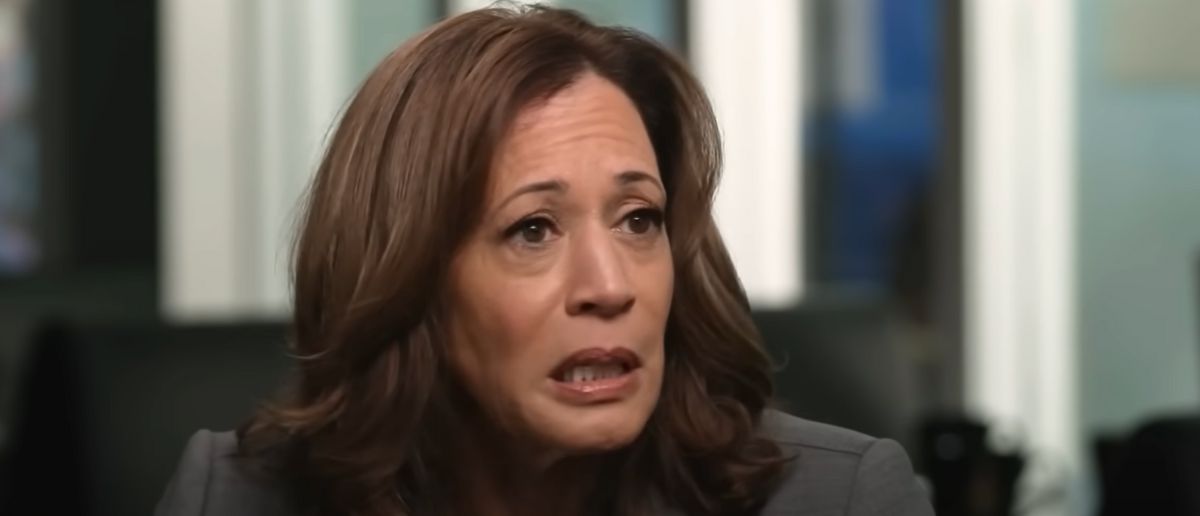
The Harris campaign isn’t just any campaign. It’s backed by one of the most devious Party machines of all time.
And now this Kamala Harris campaign report has Donald Trump seriously worried.
According to reports, Vice President Kamala Harris’s campaign team includes two staffers who were previously involved in efforts to address COVID-19 misinformation while working in the Biden-Harris White House. Rob Flaherty, now a deputy campaign manager for Harris, and Aisha Shah, the campaign’s director of digital partnerships, were named in legal filings related to the Murthy v. Missouri lawsuit.
The lawsuit alleged that the federal government violated the First Amendment by pressuring social media companies to censor content related to the pandemic and other controversial topics. Flaherty, who served as the director of digital strategy for President Biden, participated in meetings with officials from Twitter (now known as X), Facebook, and YouTube. He also corresponded with social media platforms via email, encouraging them to take a more aggressive stance against COVID-19 misinformation.
In one email to Facebook officials in April 2021, Flaherty wrote, “Since we’ve been on the phone — the top post about vaccines today is tucker (sic) Carlson saying they don’t work. Yesterday was Tomi Lehren (sic) saying she won’t take one.” He expressed concern about the effectiveness of content reduction efforts, questioning whether they were actually reducing vaccine hesitancy.
“This is exactly why I want to know what ‘Reduction’ actually looks like — if ‘reduction’ means ‘pumping our most vaccine hesitant audience with tucker (sic) Carlson saying it doesn’t work’ then… I’m not sure it’s reduction!” one email read.
Flaherty testified to the House Judiciary Committee in May, defending his actions by citing the severity of the pandemic at the time and the public health challenge posed by misinformation. He emphasized that social media companies ultimately determine what content is permitted on their platforms.
Shah, who worked as the deputy director of partnerships in the White House, was identified by Facebook and Meta as a White House official who communicated with social media firms about misinformation, disinformation, and censorship.
The Supreme Court ultimately sided with the Biden administration in Murthy v. Missouri, ruling that the plaintiffs lacked standing. However, Justice Samuel Alito wrote a dissenting opinion, expressing concern that the ruling could set a precedent for future officials to control public discourse.
Meta CEO Mark Zuckerberg recently acknowledged that the Biden administration had “repeatedly pressured” Facebook to censor content that would not have been restricted otherwise. In a letter to House Judiciary Committee Chairman Jim Jordan, Zuckerberg expressed regret for giving in to that pressure.
Mark Zuckerberg just admitted three things:
1. Biden-Harris Admin "pressured" Facebook to censor Americans.
2. Facebook censored Americans.
3. Facebook throttled the Hunter Biden laptop story.
Big win for free speech. pic.twitter.com/ALlbZd9l6K
— House Judiciary GOP 🇺🇸🇺🇸🇺🇸 (@JudiciaryGOP) August 26, 2024
The involvement of former White House staffers in Harris’s campaign has raised questions about the intersection of government communication with social media platforms and the protection of free speech. As the 2024 election approaches, the debate over the balance between combating misinformation and preserving First Amendment rights is likely to remain a contentious issue.
Growing Concerns Of Government Censorship Schemes
The relationship between government officials and social media companies has come under increasing scrutiny, raising concerns about potential infringement on free speech and the blurring of lines between public and private entities.
In recent years, there has been growing unease about the extent and nature of communications between government agencies and tech platforms like Facebook, Twitter, and YouTube. Critics argue that these interactions could lead to inappropriate censorship or manipulation of online content, potentially violating First Amendment rights.
The issue gained prominence following the Murthy v. Missouri case, where state attorneys general accused federal officials of pressuring social media companies to remove posts about the 2020 election and COVID-19. While the Supreme Court ruled that the plaintiffs lacked standing, the case highlighted the complex relationship between government and tech companies in managing online information.
Supporters of government-tech collaboration argue that it is necessary to combat misinformation and foreign interference in elections. Prior to the 2020 election, tech companies openly promoted their partnerships with government agencies to address these concerns. However, the political climate has shifted dramatically since then, with such collaborations now viewed more skeptically by most of the American public.
Surveys show that a vast majority of Democrats, political independents, and Republicans believe that social media sites do specifically target certain political opinions for censorship and do so unfairly.
The debate has intensified as tech companies have become less transparent about their interactions with government entities. This reduced openness, coupled with staff reductions in trust and safety teams at major platforms, has made it more challenging to assess the extent and impact of government-tech communications. Critics worry that these interactions could lead to a “censorship enterprise,” where government pressure influences content moderation decisions.
Stay tuned to the DC Daily Journal.

